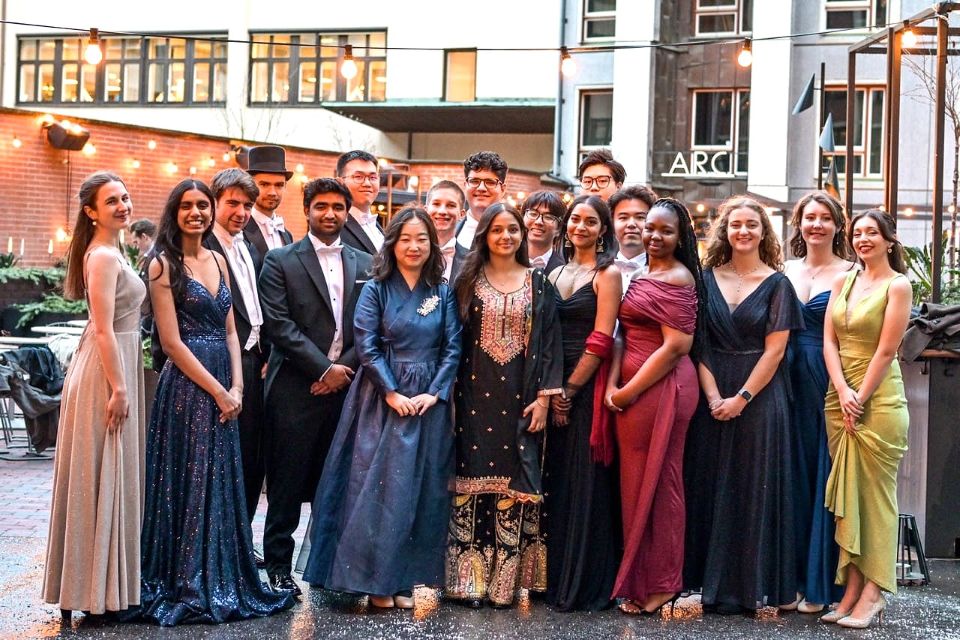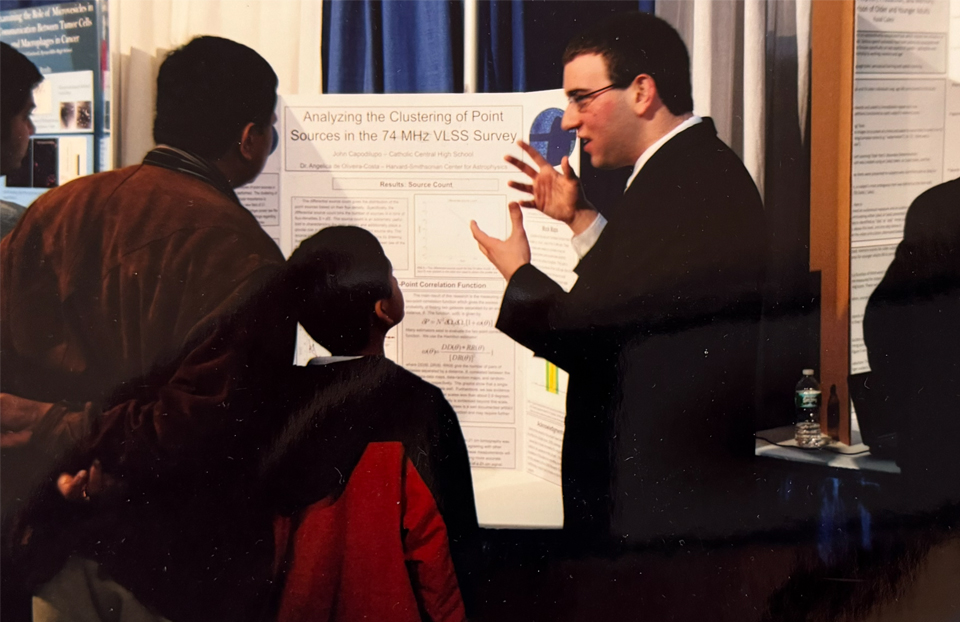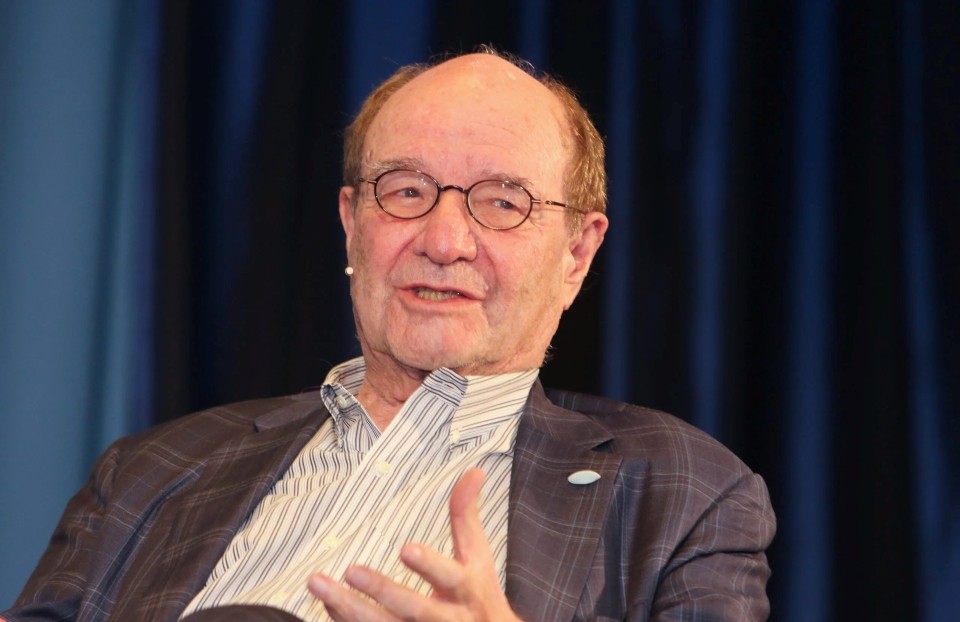Intel ISEF alumnus now an engineer at WMATA
Benjamin Frison (Intel ISEF 2003, 2004, & 2005) currently works as an Engineer in the Department of Transit Infrastructure and Engineering Services at the Washington Metropolitan Area Transit Authority (WMATA). Prior to his current position, he worked as a Systems Engineer at Gryphon Technologies, working primarily on researching and testing improvements to military-class marine vessels. He received his Bachelor of Science in Civil Engineering from Johns Hopkins University, where he was a Westgate Scholar.
Can you tell us about your experience at the Intel ISEF competitions from 2003-2005? What were your favorite moments from participating in these events?
I went to three: Cleveland, Portland and Phoenix. My favorite moment was walking around the aisles and feeling that I was at the center of America’s future braintrust.
Can you give a brief description of the projects you presented?
I worked on two major projects. The first dealt with biological population modeling using a genetic algorithm. The second was utilizing artificial neural networks for computer virus detection.
We know since Intel ISEF in the early 2000s, you’ve graduated from John Hopkins University. You now work as an Engineer for WMATA. What has propelled you to continue with engineering over the years?
What propels me is the same mindset that got me to Intel ISEF – that one day I’ll build something great that improves people’s lives. In the meantime, understanding the problems customers face in public transportation, along with solving smaller problems at my job, is good preparation for that.
What has been one of your favorite moments while working in this profession?
Walking through the metro with my friends and being able to comment on just about everything (architecture, vehicle engineering, electrical systems, etc.) and how these small details relate to the end-product that riders’ experience.
What would be your advice to all students interested in science and engineering?
Everyone stands on the shoulders of giants. Understand the types of thought and the procedures used by the great thinkers/doers in science and engineering – especially the older ones, before the age of computers. While in school, try to become as mathematically literate as possible, and understand the mathematical points of connection between various engineering disciplines (i.e. mechanical, electrical, civil, etc.). Let your passion steer you, more than financial considerations, when possible.


